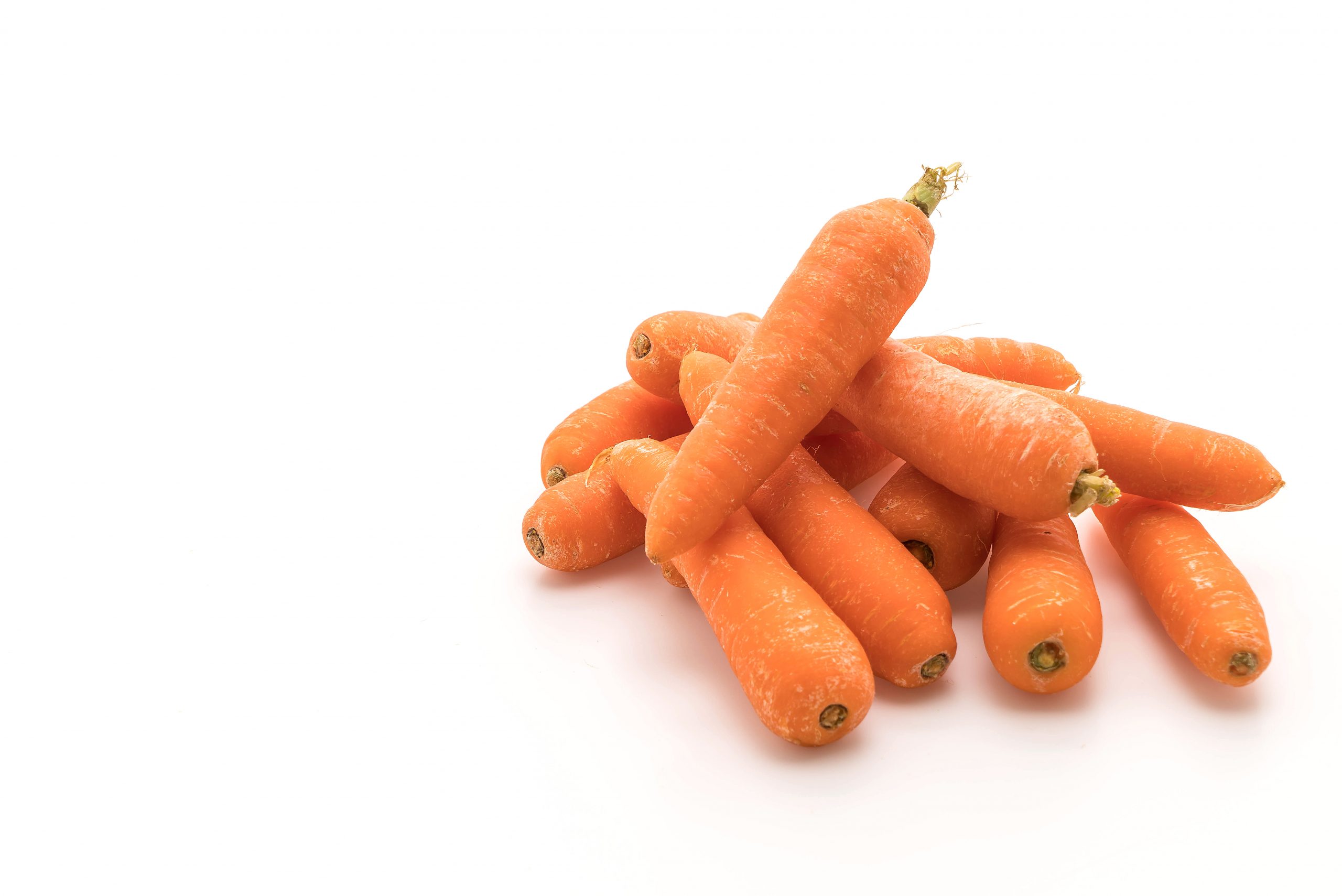

Articles
How To Store Baby Carrots
Modified: February 27, 2024
Discover the best methods to store baby carrots for maximum freshness and longevity. Read our informative articles on how to properly store and preserve these tasty and nutritious vegetables.
(Many of the links in this article redirect to a specific reviewed product. Your purchase of these products through affiliate links helps to generate commission for Storables.com, at no extra cost. Learn more)
Introduction
When it comes to storing baby carrots, it’s important to find the right method to keep them fresh and full of flavor. Baby carrots are not only tasty and nutritious, but they also make for a convenient and versatile snack or addition to your favorite recipes. To ensure that your baby carrots stay crisp and delicious, it’s essential to consider factors such as temperature, moisture, and air circulation.
In this article, we will explore different storage methods for baby carrots, including refrigeration, freezing, pickling, canning, and dehydrating. Each method offers unique benefits and can help you extend the shelf life of your baby carrots, so you can enjoy them for longer periods.
Whether you have a surplus of home-grown baby carrots or have purchased them from the store in bulk, understanding how to store them properly will help prevent spoilage and waste. So, let’s dive in and discover the best ways to store your precious baby carrots!
Key Takeaways:
- Keep baby carrots fresh by refrigerating for up to 2 weeks or freezing for up to 12 months. Pickling, canning, or dehydrating offer unique flavors and extended shelf life, providing versatile options for enjoying these nutritious snacks.
- Follow best practices to ensure baby carrots stay fresh, flavorful, and safe to eat. Inspect, handle, and store them properly to maximize their quality and longevity, allowing you to enjoy their goodness whenever you need them.
Read more: How To Store Baby Carrots In The Fridge
Choosing the Right Storage Method
Before we delve into the various storage options for baby carrots, it’s important to consider a few factors that will help you choose the right method. These factors include the expected duration of storage, the intended use of the baby carrots, and your personal preference in terms of taste and texture.
If you plan to use the baby carrots within a week or two, refrigeration is usually the best option. It allows you to maintain their crispness and flavor without undergoing any preservation processes. On the other hand, if you want to store them for longer periods, the freezing, pickling, canning, or dehydrating methods may be more suitable.
Additionally, consider how you intend to use the baby carrots. If you prefer them raw in salads or as a crunchy snack, refrigeration or pickling may be the best options. If you plan to use them in cooked dishes or soups, freezing, canning, or dehydrating can work well.
Lastly, your personal preference in taste and texture can also guide your choice of storage method. Some people enjoy the crispness of fresh refrigerated baby carrots, while others may prefer the different texture that comes with freezing or pickling.
Now that you have considered these factors, let’s explore each storage method in more detail and the steps involved in preserving your baby carrots.
Option 1: Refrigeration
Refrigeration is one of the most common and straightforward methods for storing baby carrots. It helps maintain their freshness, crunchiness, and nutritional value. Here’s how you can store your baby carrots in the refrigerator:
- Start by removing any excessive moisture from the baby carrots. Excess moisture can cause them to rot quickly, so gently pat them dry with a clean towel or paper towel.
- Choose a suitable container for storage. A perforated plastic bag or a ventilated container with a lid is ideal as it allows for proper air circulation and prevents the carrots from drying out.
- Place the baby carrots in the container and make sure not to overcrowd them. Overcrowding can cause them to spoil faster.
- Seal the container and store it in the vegetable crisper drawer of your refrigerator. The temperature should be set between 32°F (0°C) and 40°F (4°C). This range will help maintain the texture and freshness of the baby carrots.
- Check the carrots periodically for any signs of spoilage, such as mold or a funky smell. If you notice any spoiled carrots, remove them immediately to prevent the spread of spoilage.
By following these steps, you can keep your baby carrots fresh in the refrigerator for up to 2 weeks.
It’s worth noting that refrigeration may cause the outer layer of the baby carrots to dry out slightly. However, this can be easily remedied by soaking them in cold water for a few minutes before using them.
Refrigerated baby carrots are perfect for snacking, adding to salads, or incorporating into various recipes. Keep in mind that the texture and flavor of the carrots may gradually change over time, so it’s best to use them within the recommended storage period for the best quality.
Option 2: Freezing
Freezing baby carrots is an excellent option if you have a surplus of fresh carrots and want to extend their shelf life. Freezing helps preserve the flavor and texture of the carrots, allowing you to enjoy them for months to come. Follow these steps to freeze your baby carrots:
- Start by washing and peeling the baby carrots. If you prefer, you can also leave the skin on for added nutrients and a slightly earthy flavor.
- Next, blanch the carrots to halt enzymatic activity and preserve their color, texture, and nutrients. Bring a pot of water to a boil and add the carrots. Cook them for 2 to 3 minutes, then quickly transfer them to a bowl of ice water to cool and stop the cooking process.
- After blanching and cooling, pat the carrots dry with a clean kitchen towel or paper towel.
- Prepare the carrots for freezing by either leaving them whole or cutting them into smaller pieces, depending on your preference.
- Place the prepared baby carrots into freezer-safe bags or airtight containers, making sure to remove as much air as possible. Label the bags or containers with the date for easy reference.
- Put the bags or containers in the freezer, ensuring they are placed on a flat surface to prevent them from getting crushed.
Frozen baby carrots can be stored in the freezer for up to 12 months. When you’re ready to use them, simply thaw the desired amount in the refrigerator overnight or immerse the sealed bag or container in cold water for a quicker thawing process.
It’s important to note that freezing may slightly alter the texture of the baby carrots, making them slightly softer when thawed. However, they are still perfect for use in soups, stews, stir-fries, and other cooked dishes.
Freezing baby carrots allows you to enjoy their sweet flavor and vibrant color even when they are out of season. It’s a convenient way to preserve their freshness and have them readily available whenever you need them.
Option 3: Pickling
Pickling baby carrots is a great way to add tangy and zesty flavors to your carrots while also preserving them for an extended period. Pickled baby carrots make a delicious snack on their own or a fantastic addition to salads, sandwiches, and charcuterie boards. Here’s how you can pickle your baby carrots:
- Start by washing and trimming the baby carrots. Remove any excess greens or roots.
- Next, prepare the brine by combining equal parts water and vinegar in a saucepan. Add salt, sugar, and any desired spices like dill, garlic, or peppercorns. Bring the brine to a boil and let it simmer for a few minutes to allow the flavors to meld.
- While the brine is simmering, prepare your canning jars by washing them with hot, soapy water and sterilizing them in boiling water or the dishwasher.
- Pack the baby carrots tightly into the sterilized canning jars, leaving about ½ inch of headspace at the top.
- Pour the hot brine over the carrots, ensuring they are fully submerged. Use a clean spoon or fork to remove any air bubbles and adjust the level of the brine if necessary.
- Place the lids on the jars and tighten them securely.
- Allow the pickled baby carrots to cool completely before storing them in the refrigerator.
The pickled baby carrots should be ready to eat after about one week of marinating in the brine. They can be stored in the refrigerator for up to several months.
When used in recipes, pickled baby carrots add a burst of flavor and provide a delightful crunch. You can experiment with different spices and types of vinegar to create your own unique pickled carrot recipes.
Remember that the longer the baby carrots sit in the brine, the more intense their flavor will become. Feel free to adjust the brine ingredients and ratios to suit your taste preferences.
With the pickling method, you can transform your baby carrots into tangy and addictive treats that will surely impress your taste buds and your guests!
Store baby carrots in the refrigerator in a perforated plastic bag to maintain moisture and freshness. They can last up to 2-3 weeks when stored properly.
Read more: How To Store Baby Carrots After Opening
Option 4: Canning
Canning baby carrots is a fantastic way to preserve their freshness and flavor while ensuring they stay shelf-stable for an extended period. Canned baby carrots can be stored at room temperature and are convenient for busy households or when refrigerator space is limited. Here’s how you can can your baby carrots:
- Start by washing and trimming the baby carrots. Remove any excess greens or roots.
- Next, prepare a boiling water bath canner by filling it with enough water to cover the jars by about 1 to 2 inches. Place the canning jars in the canner and bring the water to a simmer.
- In a separate pot, heat water until boiling. Add the baby carrots and blanch them for 3 to 4 minutes.
- Remove the blanched carrots from the pot and transfer them immediately to an ice bath to stop the cooking process.
- Prepare the canning liquid by combining water, vinegar, and salt in a saucepan. Bring it to a boil and keep it simmering.
- Remove the canning jars from the boiling water bath canner and pack the blanched baby carrots tightly into the jars, leaving about 1 inch of headspace.
- Pour the hot canning liquid over the carrots, ensuring they are fully covered. Use a spoon or spatula to remove any air bubbles.
- Wipe the rims of the jars with a clean cloth, ensuring they are free from any residue or liquid.
- Place the lids and screw on the bands until fingertip tight.
- Return the filled jars to the boiling water bath canner, ensuring they are fully submerged. Process the jars for the recommended amount of time based on your altitude and jar size.
- Once processed, remove the jars from the canner and let them cool on a towel or rack. The lids should make a popping sound as they seal during the cooling process.
- Once completely cool, check the seals and store the canned baby carrots in a cool, dark place away from direct sunlight.
Canned baby carrots can be stored for up to 1 year, and they make a convenient addition to various dishes and recipes. Their soft texture and sweet flavor are perfect for stews, casseroles, and side dishes.
Proper canning techniques are essential to ensure the safety and longevity of your canned baby carrots. Following recommended processing times and procedures is crucial.
By canning your baby carrots, you can have a pantry stocked with delicious and nutritious carrots ready to enjoy whenever you need them.
Option 5: Dehydrating
Dehydrating baby carrots is an excellent method to preserve them while retaining much of their nutritional value. Dehydrated carrots make for a crunchy and flavorful snack that can be enjoyed on its own or added to trail mixes, granola, or baked goods. Here’s how you can dehydrate your baby carrots:
- Start by washing and peeling the baby carrots. Alternatively, you can leave the skin on for added texture and nutrients.
- Next, slice the baby carrots into thin, even-sized pieces. Aim for a thickness of about ¼ inch to ensure even drying.
- Preheat your dehydrator according to the manufacturer’s instructions.
- Spread the sliced baby carrots in a single layer on the dehydrator trays, making sure they do not overlap.
- Place the trays into the dehydrator and set the temperature to around 125°F (52°C).
- Allow the baby carrots to dehydrate for about 6 to 8 hours, or until they are dry and crispy. The drying time may vary depending on the thickness of the slices and the humidity in your environment.
- Check the carrots periodically throughout the drying process to ensure they don’t become overly dry or start to burn.
- Once the baby carrots are completely dehydrated, remove them from the dehydrator and let them cool completely.
- Store the dehydrated baby carrots in an airtight container or resealable bag in a cool, dry place away from direct sunlight.
Dehydrated baby carrots can be enjoyed as a healthy snack or rehydrated for use in soups, stews, and other cooked dishes. Their concentrated sweetness and satisfying crunch make them a versatile ingredient in many recipes.
When using dehydrated baby carrots in recipes, simply soak them in water for a few minutes to rehydrate them before adding them to your dish. They will absorb the moisture and regain some of their original texture.
By dehydrating your baby carrots, you can extend their shelf life and enjoy their delicious flavor in a convenient and portable form. It’s a simple and effective way to preserve the goodness of carrots for months to come.
Best Practices for Storing Baby Carrots
To ensure the longevity and quality of your stored baby carrots, it’s essential to follow some best practices. These tips will help you maintain their freshness, flavor, and nutritional value:
- Inspect your baby carrots before storing them. Remove any damaged, bruised, or wilted carrots as they can spoil quickly and affect the rest of the batch.
- Handle baby carrots with care to avoid unnecessary damage. Dropping or mishandling them can lead to bruising, which accelerates deterioration.
- Store baby carrots away from ethylene-producing fruits, such as apples, bananas, and tomatoes. Ethylene gas speeds up the ripening process and can cause carrots to become soft and limp.
- Keep the baby carrots away from direct sunlight. Exposure to light can cause them to become bitter and lose their crispness.
- Ensure proper air circulation when storing baby carrots. Good airflow prevents moisture buildup, which can lead to mold and spoilage. Avoid tightly sealing containers unless required for specific storage methods like canning.
- Monitor the stored baby carrots regularly. Check for any signs of spoilage, such as mold, sliminess, or an off odor. Remove any spoiled carrots immediately to prevent the spread of spoilage.
Remember, different storage methods have different shelf lives, so it’s important to keep track of the storage times and consume the baby carrots within the recommended periods.
By following these best practices, you can ensure that your baby carrots stay fresh, delicious, and safe to eat for extended periods, allowing you to enjoy their goodness whenever you need them.
Conclusion
Storing baby carrots properly is essential to preserve their freshness, flavor, and nutritional value. Whether you have an abundance of home-grown carrots or a bulk purchase from the store, there are various methods you can use to store them for extended periods.
In this article, we explored five different storage options for baby carrots: refrigeration, freezing, pickling, canning, and dehydrating. Each method offers unique benefits and allows you to enjoy your baby carrots in different ways.
If you need to store your baby carrots for a short period, refrigeration is a simple and effective option. It keeps the carrots crisp and fresh for up to 2 weeks. Freezing, on the other hand, allows you to extend their shelf life for up to 12 months while still retaining their flavor and nutritional value.
Pickling is a fantastic option for those who enjoy tangy and zesty flavors. Pickled baby carrots add a burst of taste to various dishes and can be stored for several months in the refrigerator.
If you prefer a shelf-stable storage option, canning is a great choice. Canned baby carrots can be stored at room temperature for up to 1 year. They make a convenient addition to a wide range of recipes.
Dehydrating baby carrots transforms them into a crunchy and flavorful snack that can be enjoyed on its own or as an ingredient in other dishes. Dehydrated baby carrots can be stored for months and easily rehydrated for use in cooked dishes.
By following best practices such as inspecting the carrots before storage, handling them carefully, avoiding exposure to ethylene gas, and ensuring proper air circulation, you can maximize the quality and longevity of your stored baby carrots.
Remember, each storage method has its own considerations and requirements, so choose one that aligns with your needs, preferences, and intended use for the baby carrots.
Whether you’re snacking on them fresh from the refrigerator, incorporating them into your favorite recipes, or enjoying them in a pickled or dehydrated form, properly storing baby carrots ensures that you always have a delicious and nutritious ingredient at your disposal.
Frequently Asked Questions about How To Store Baby Carrots
Was this page helpful?
At Storables.com, we guarantee accurate and reliable information. Our content, validated by Expert Board Contributors, is crafted following stringent Editorial Policies. We're committed to providing you with well-researched, expert-backed insights for all your informational needs.
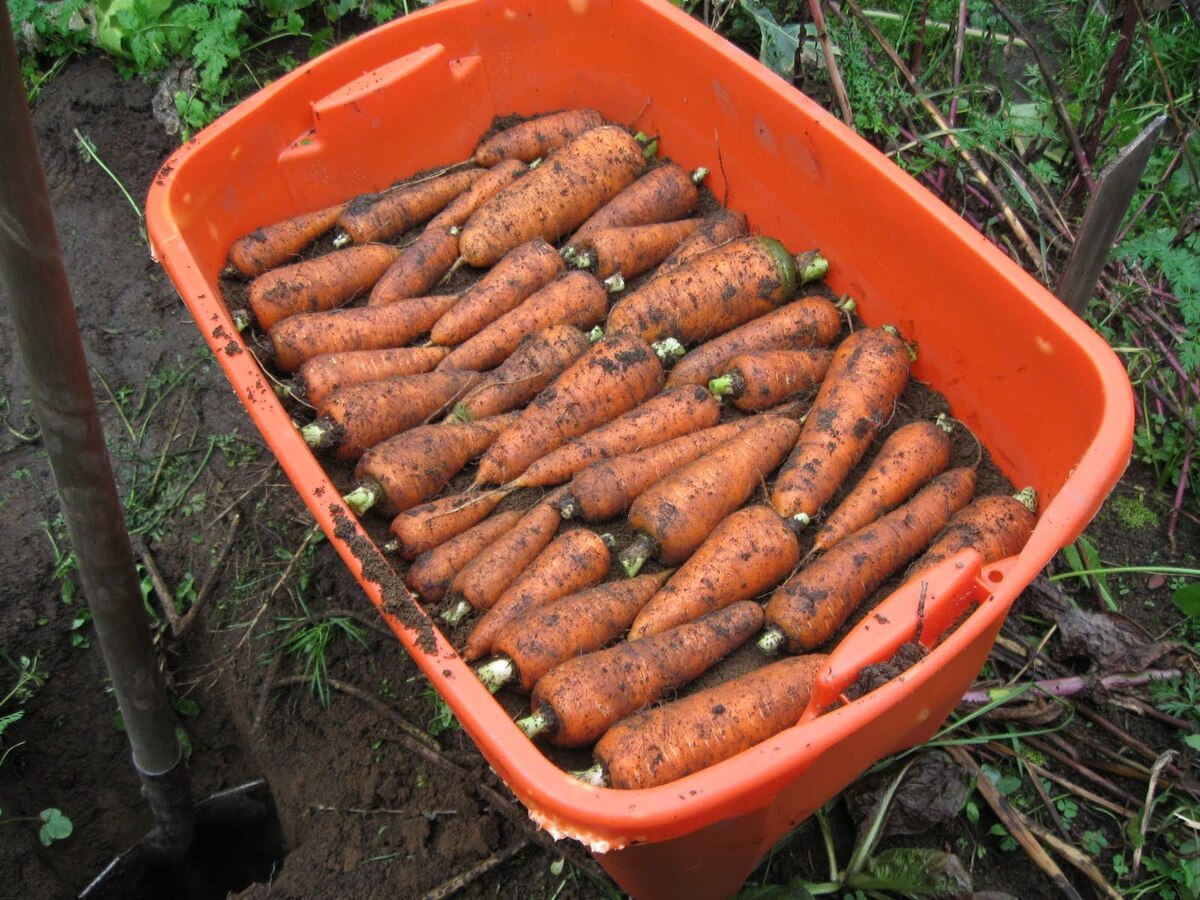
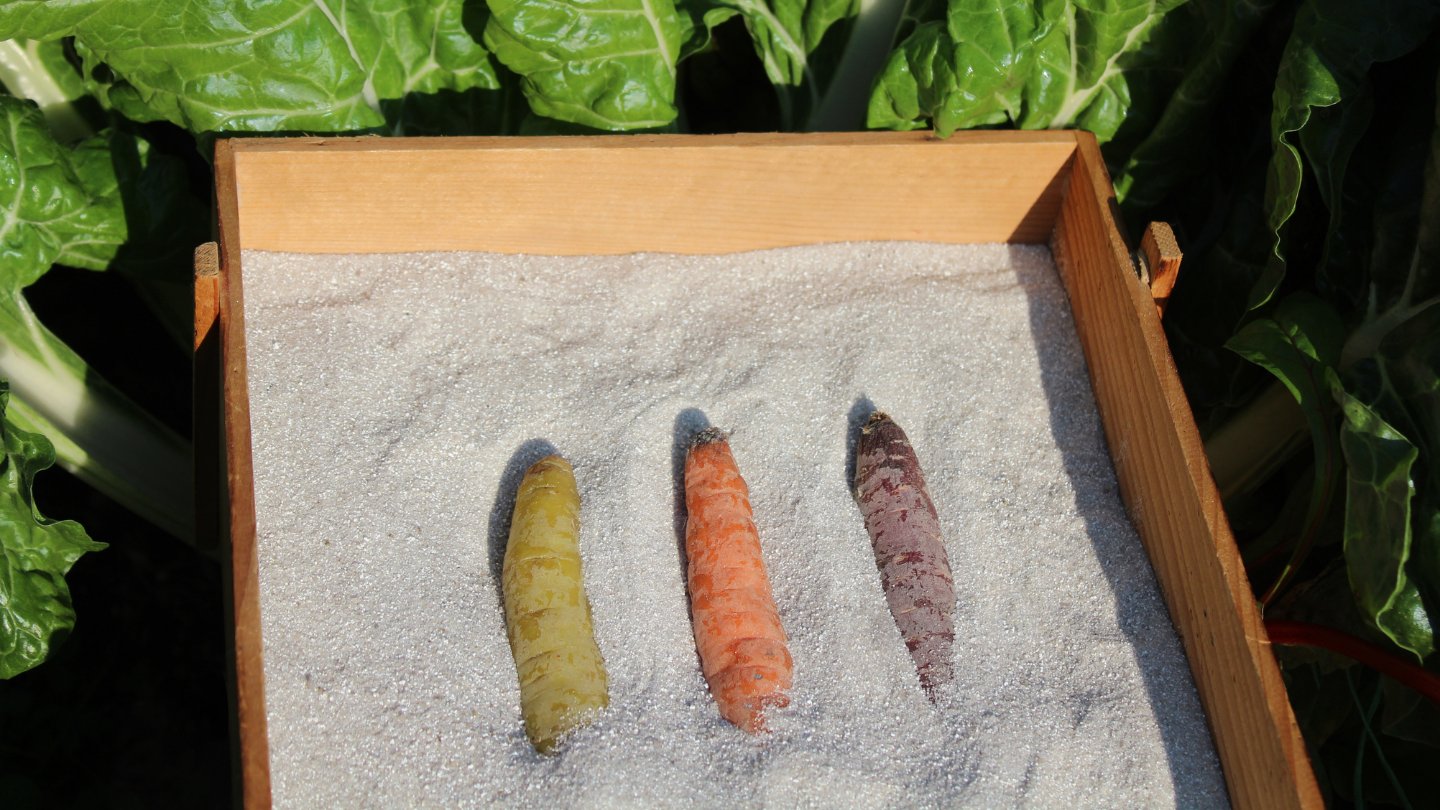
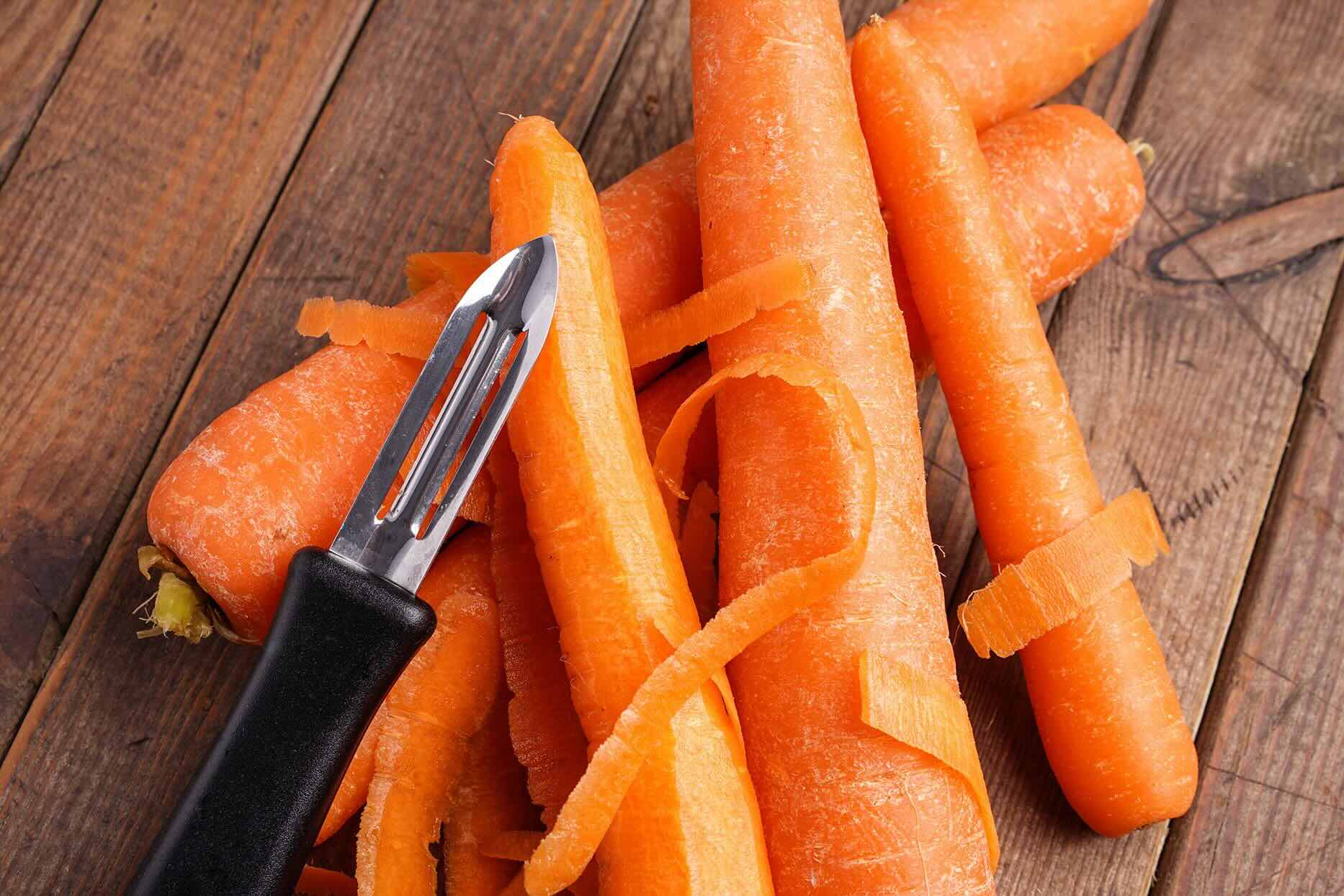
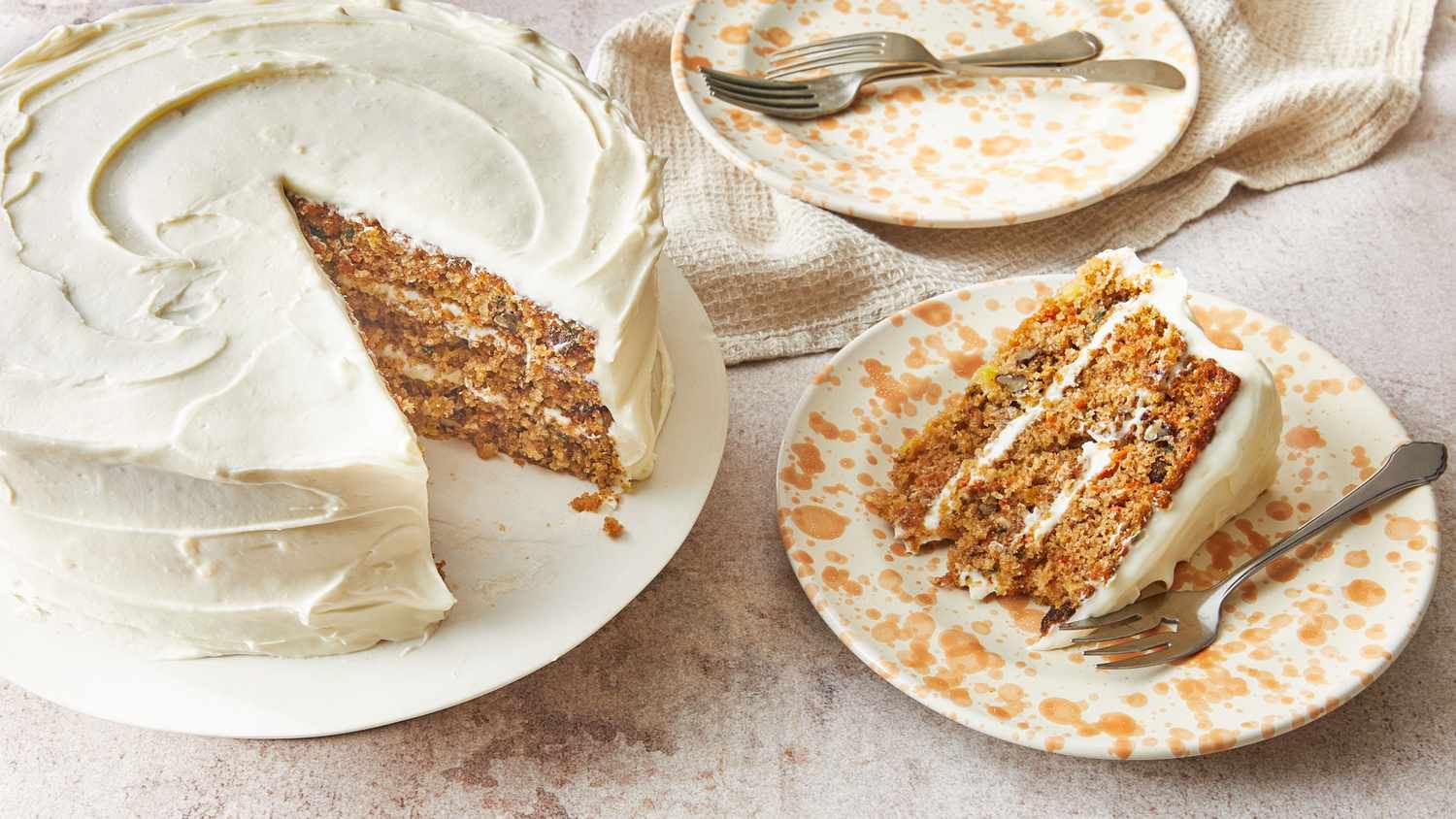
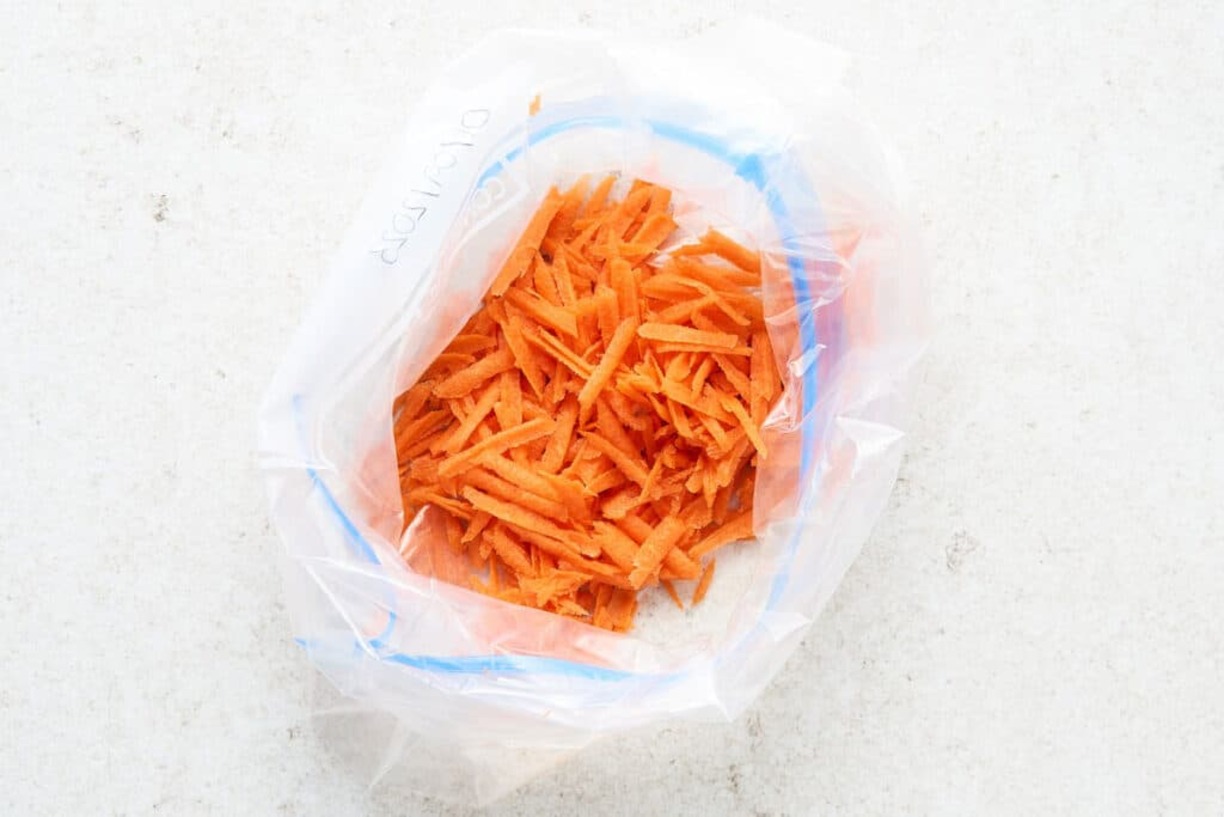
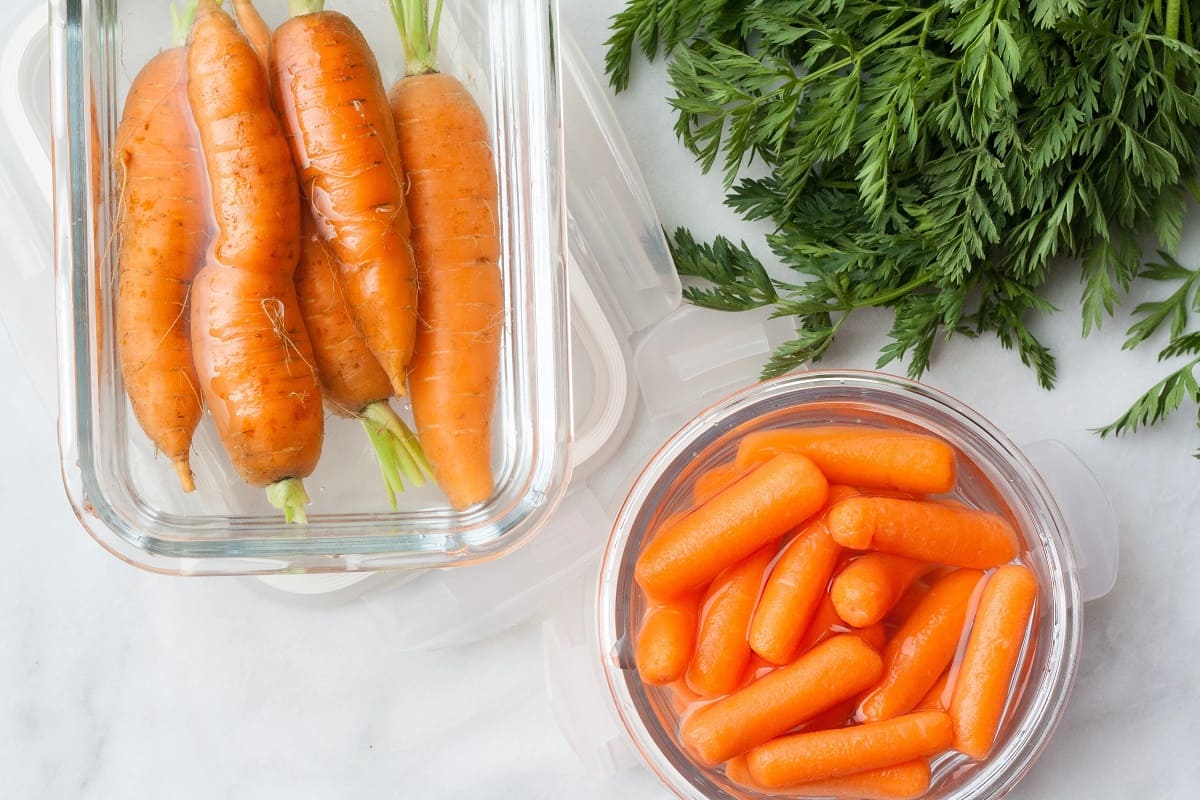
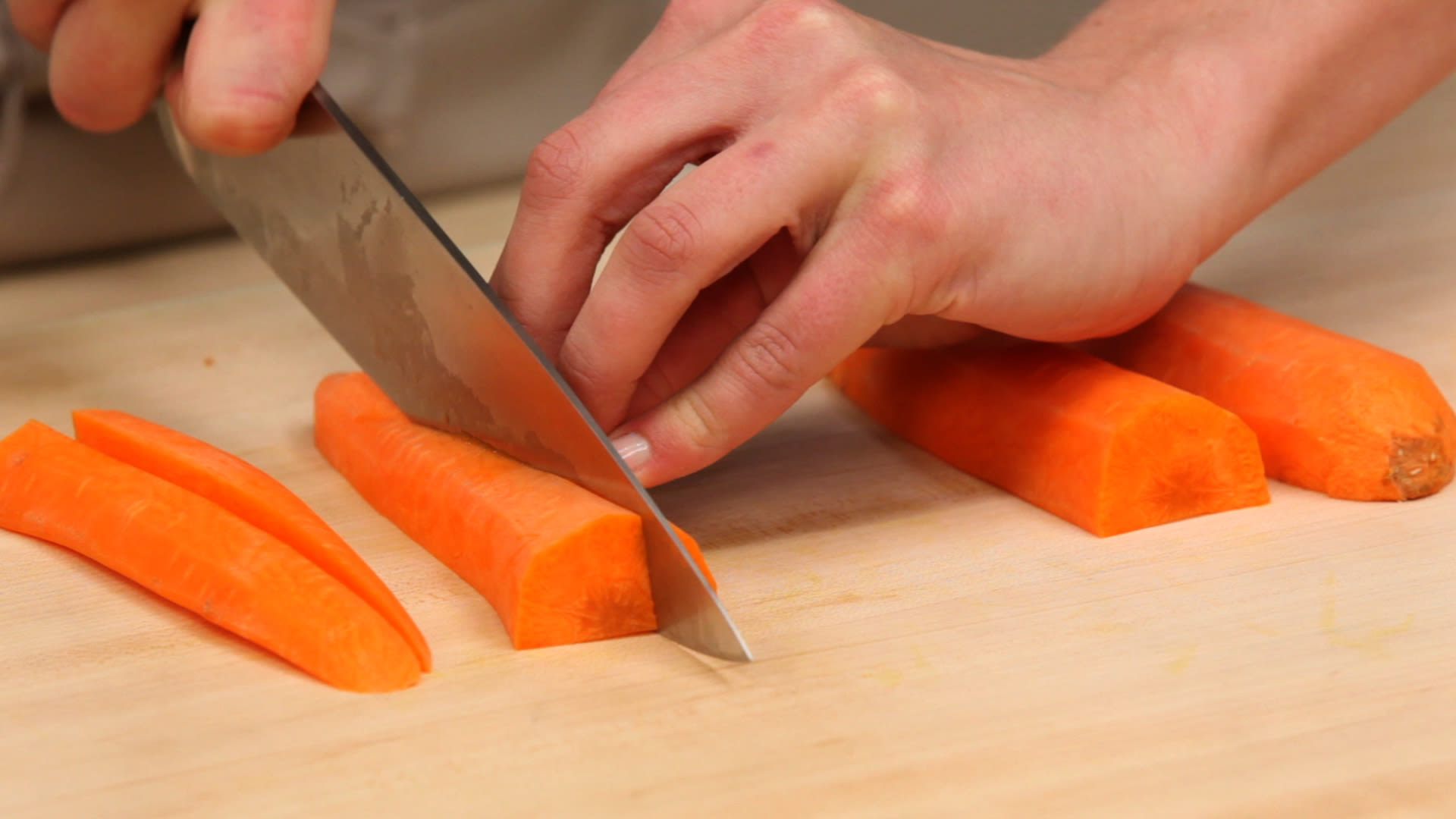
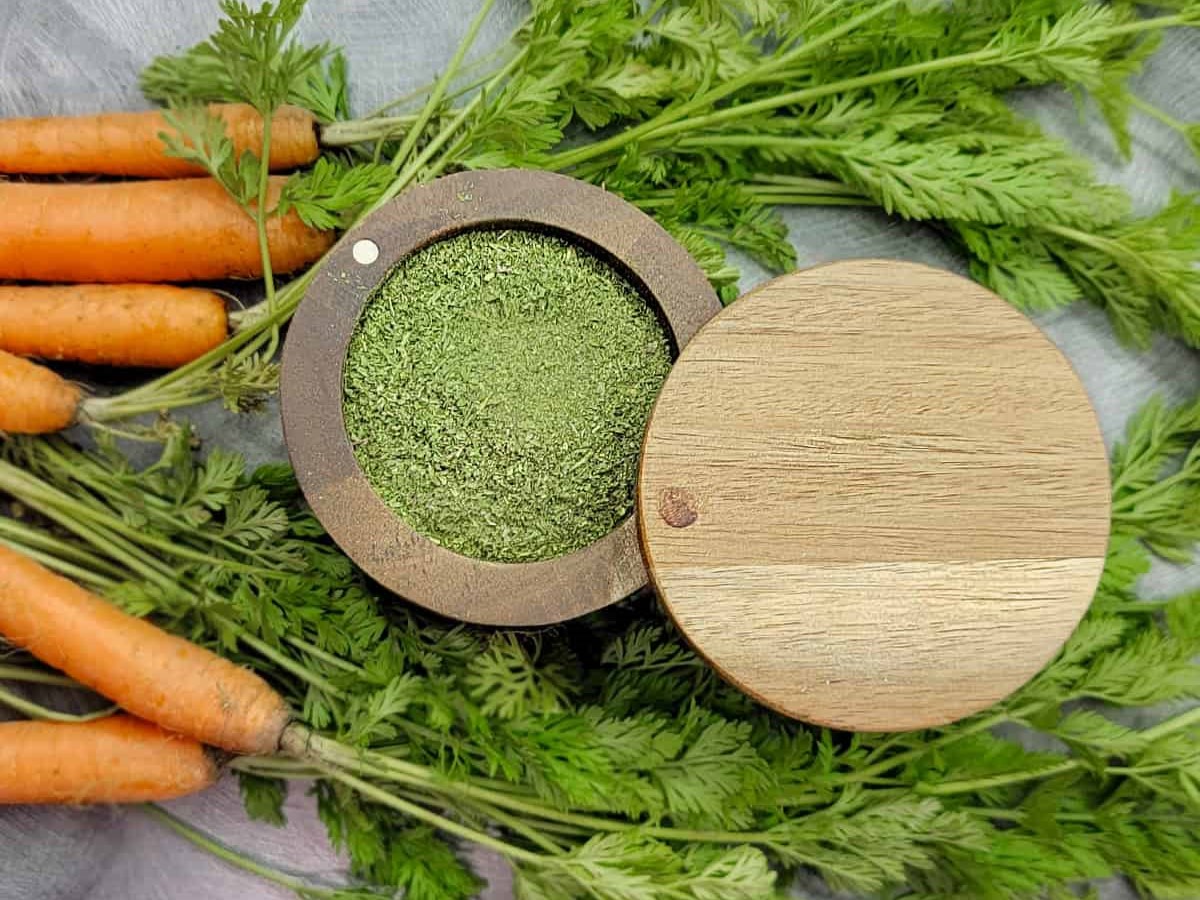
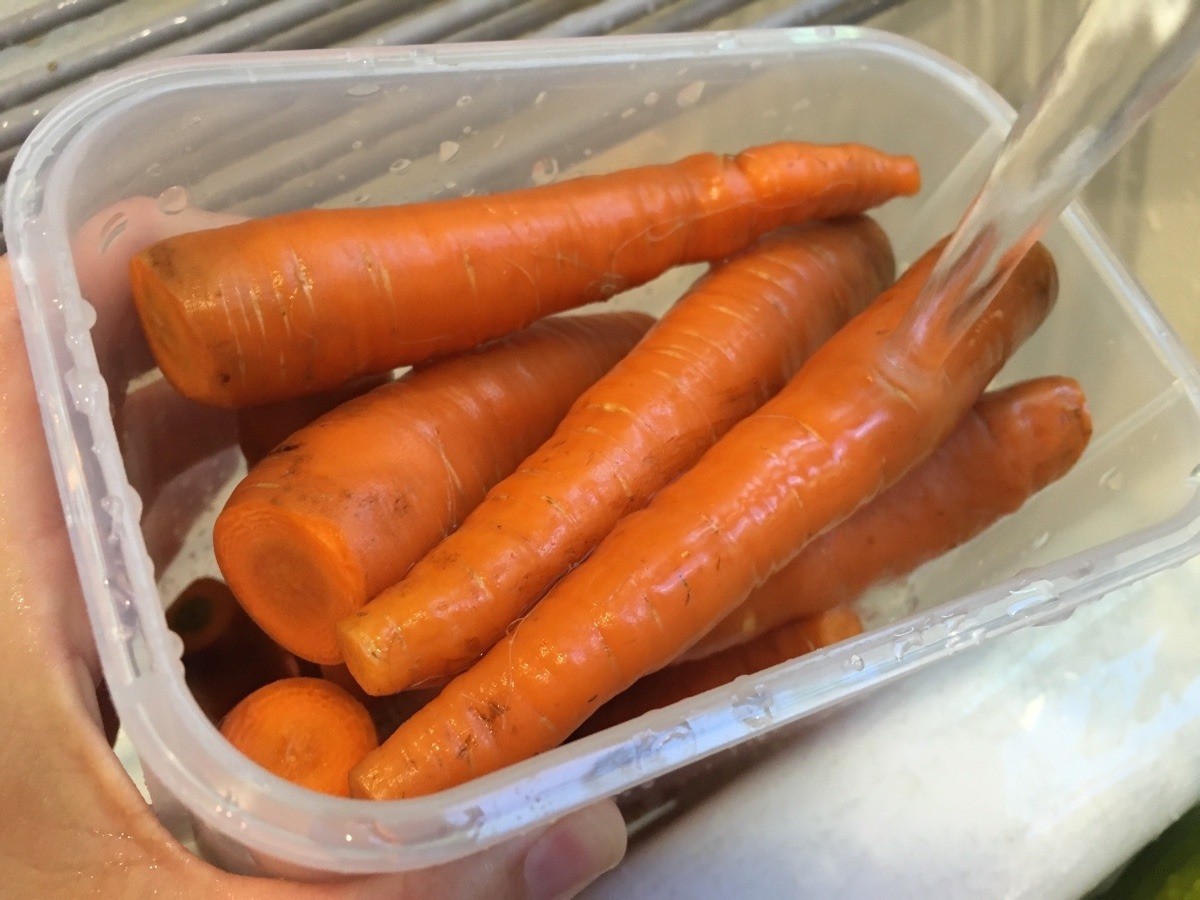
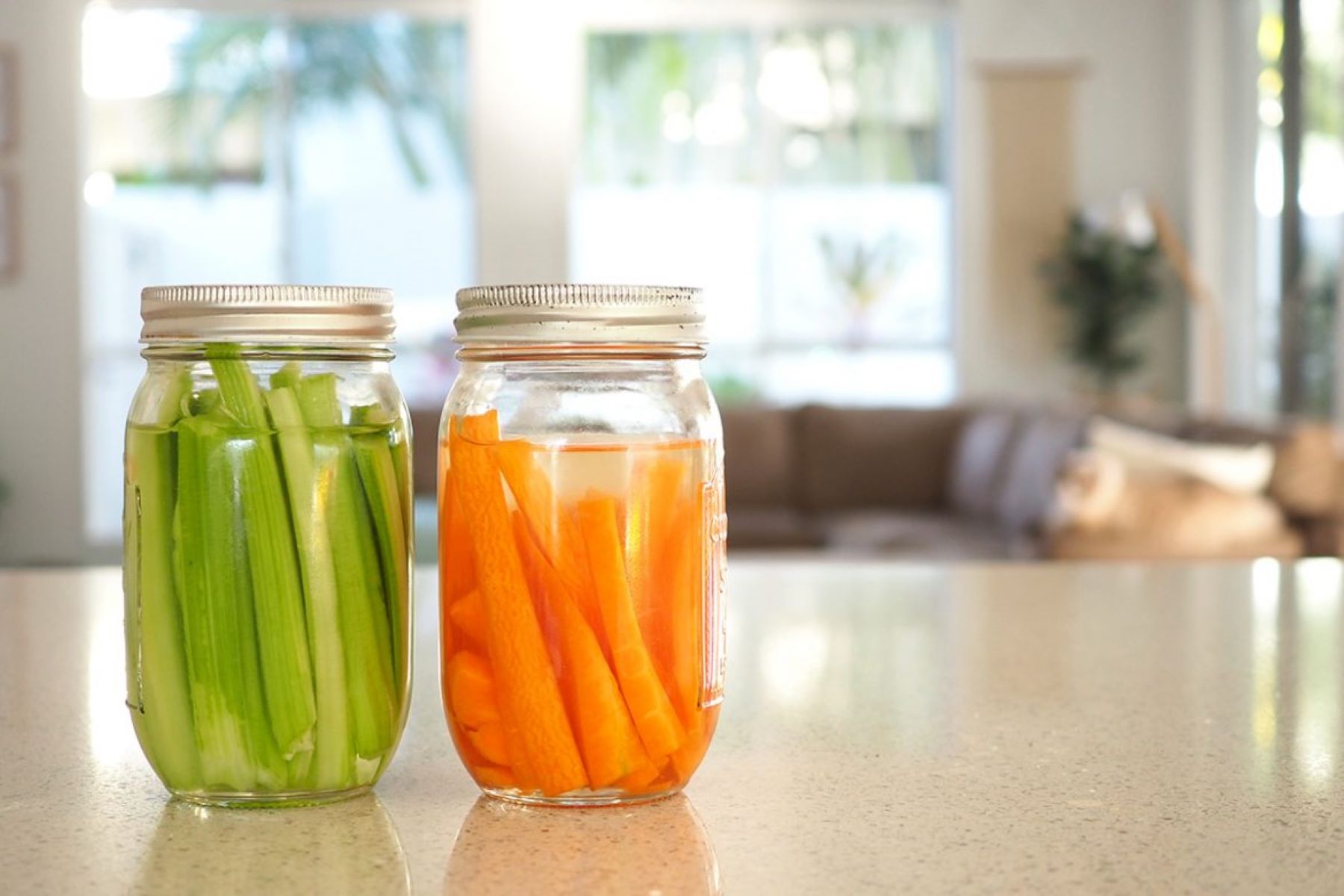
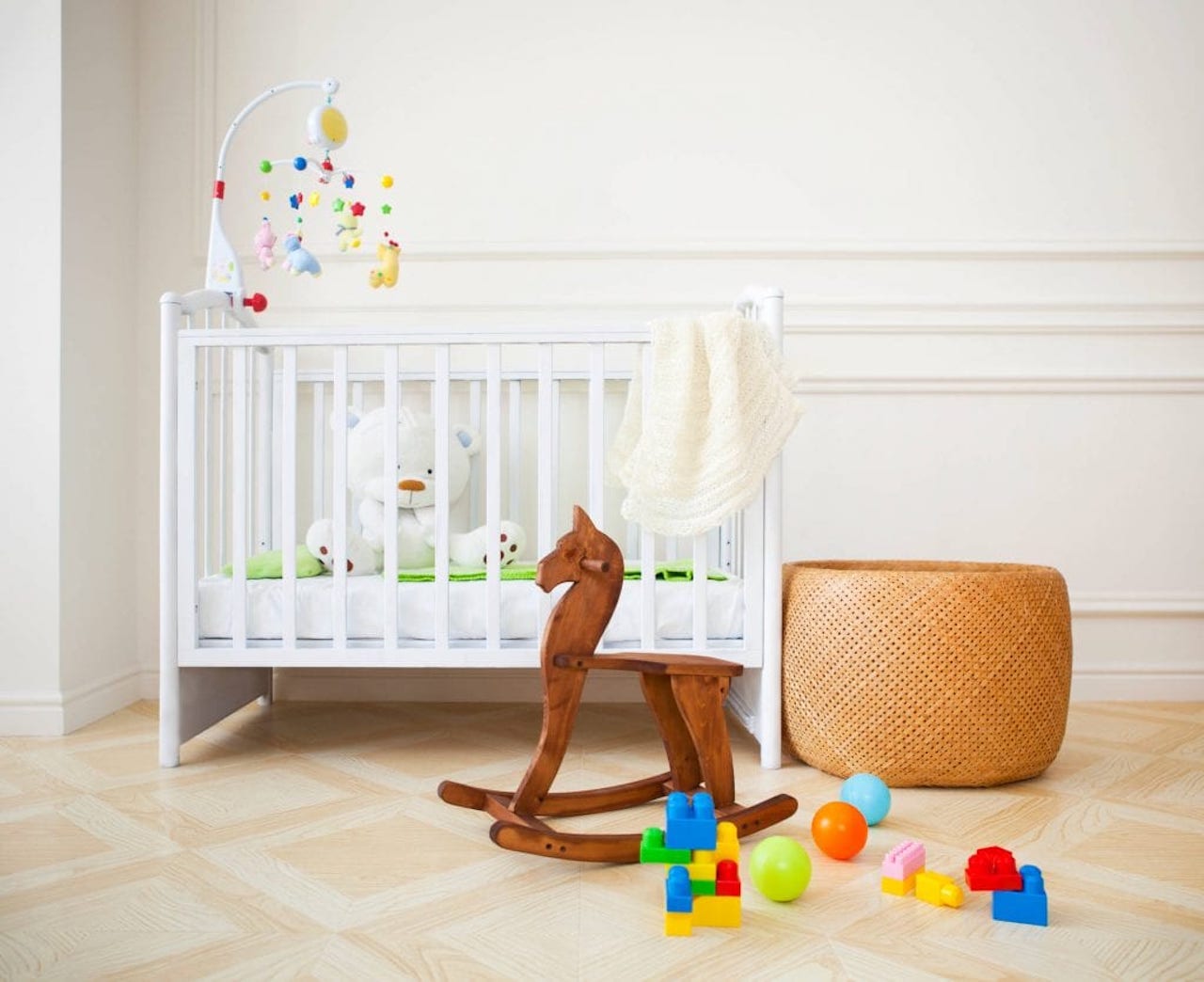
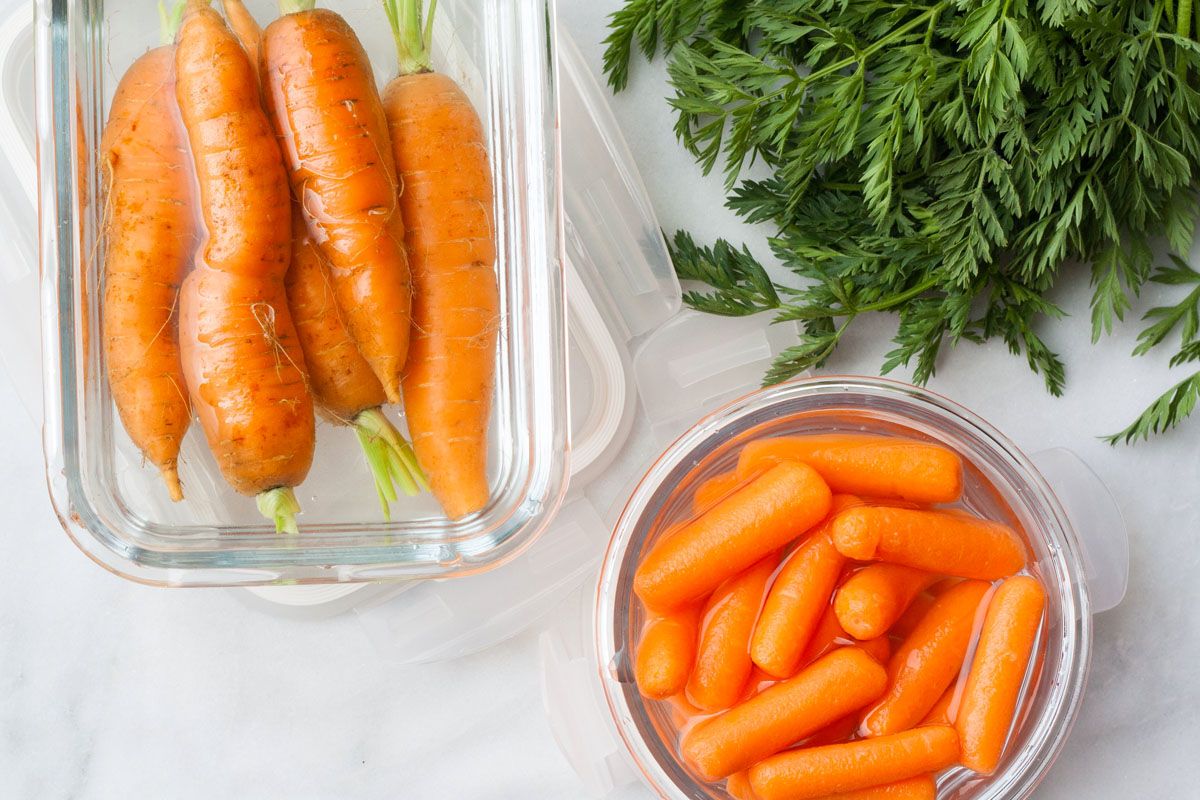
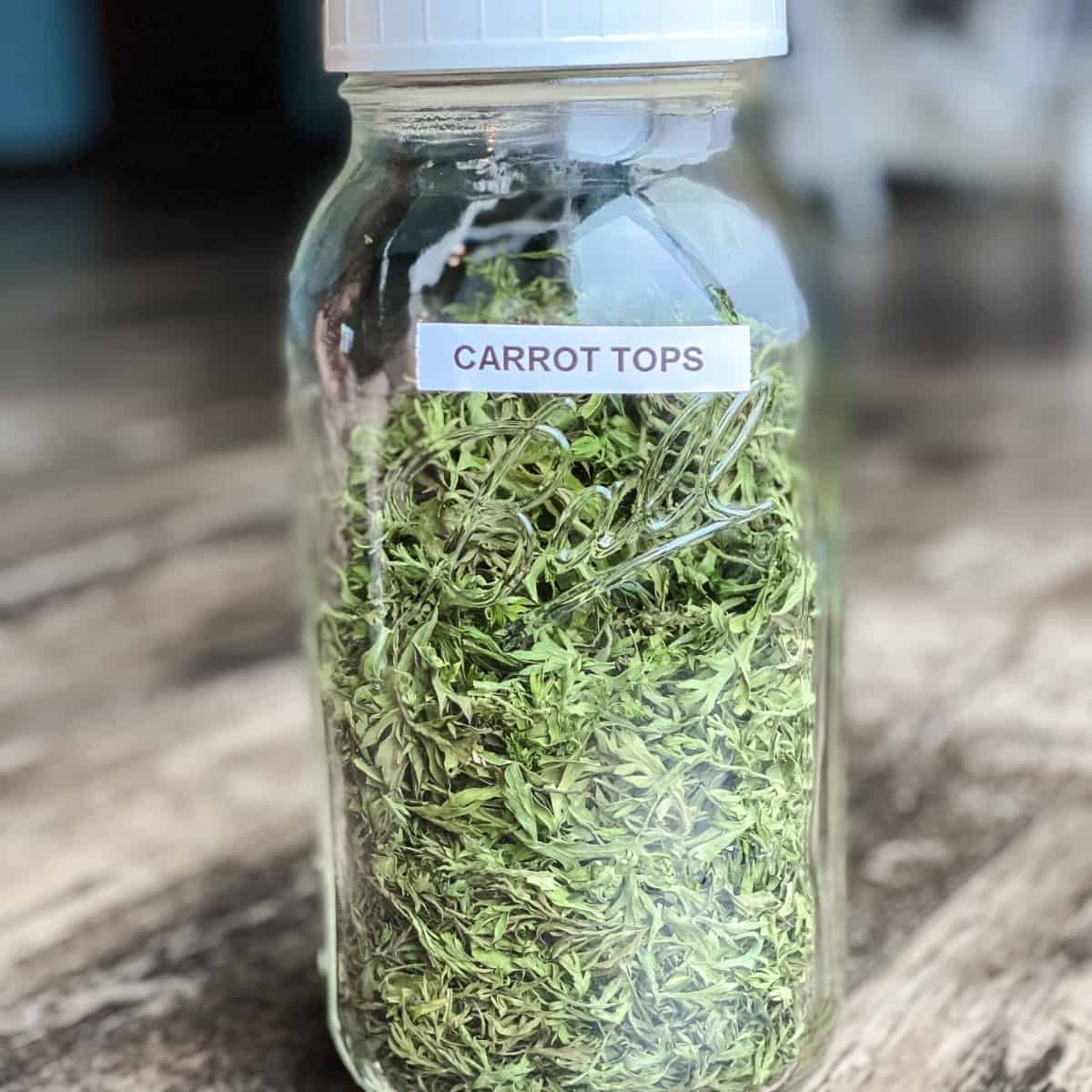
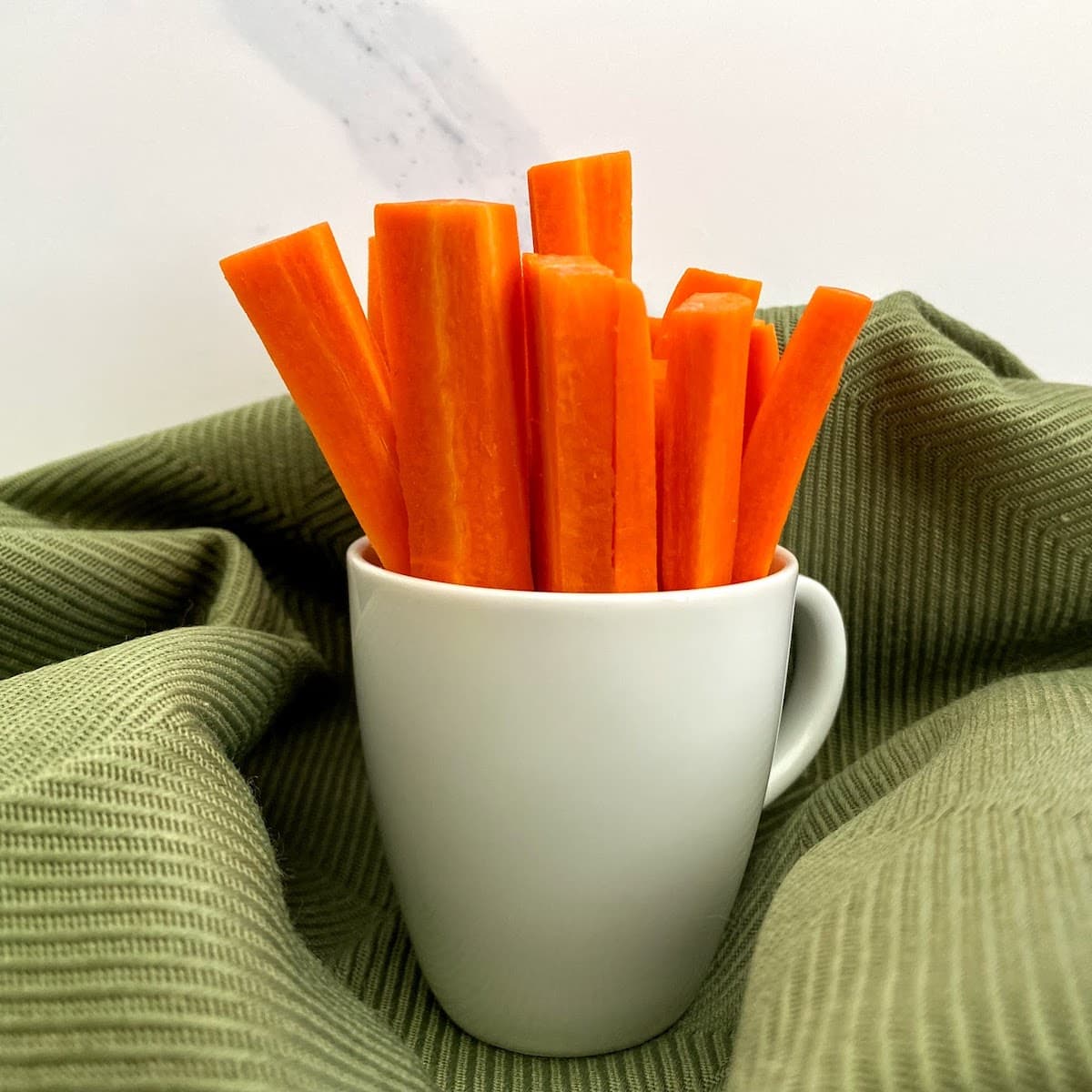

0 thoughts on “How To Store Baby Carrots”